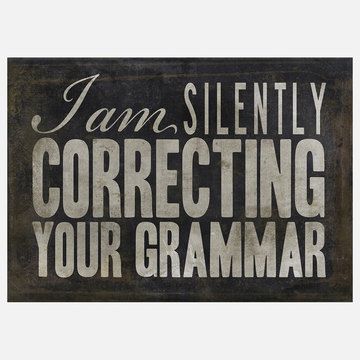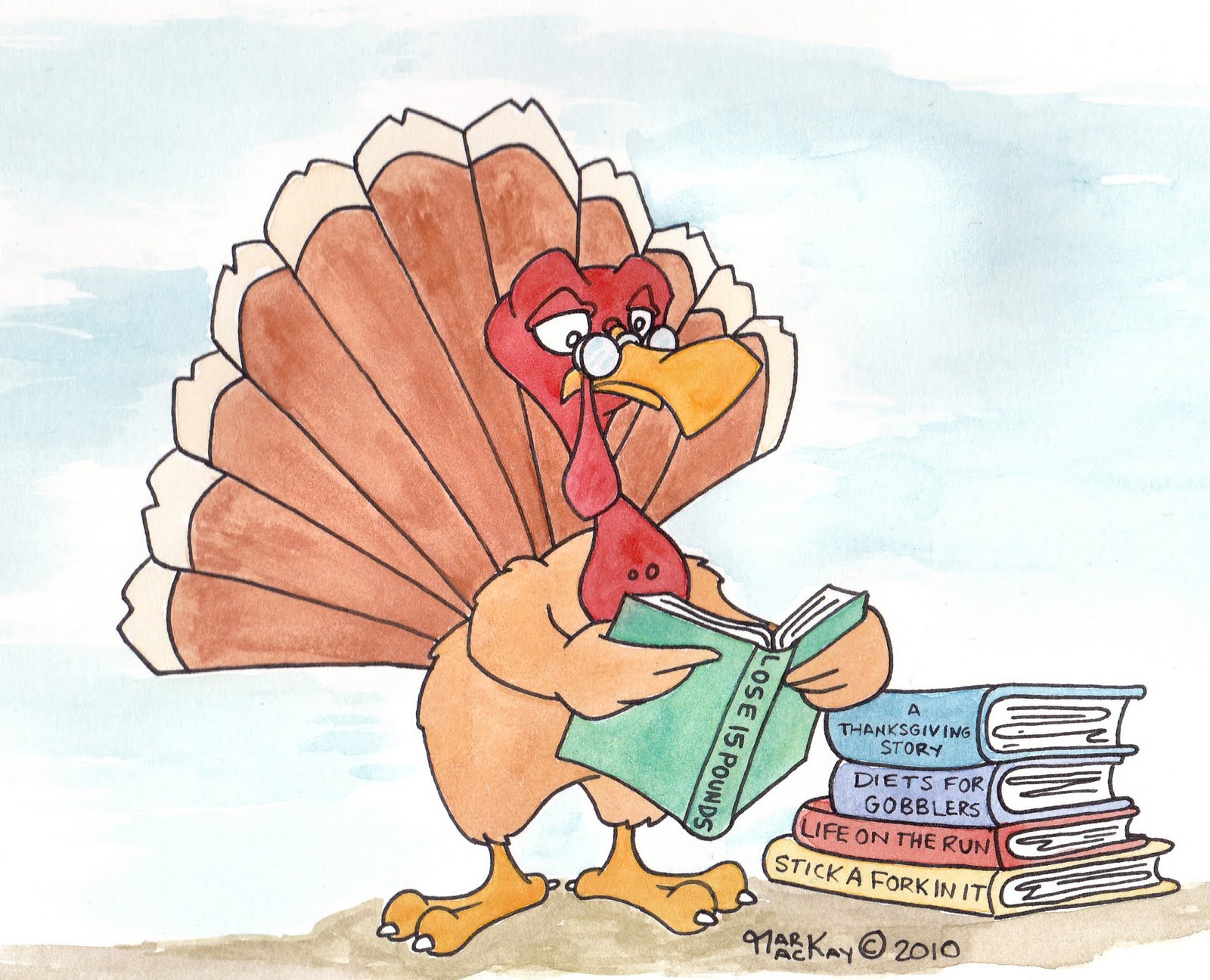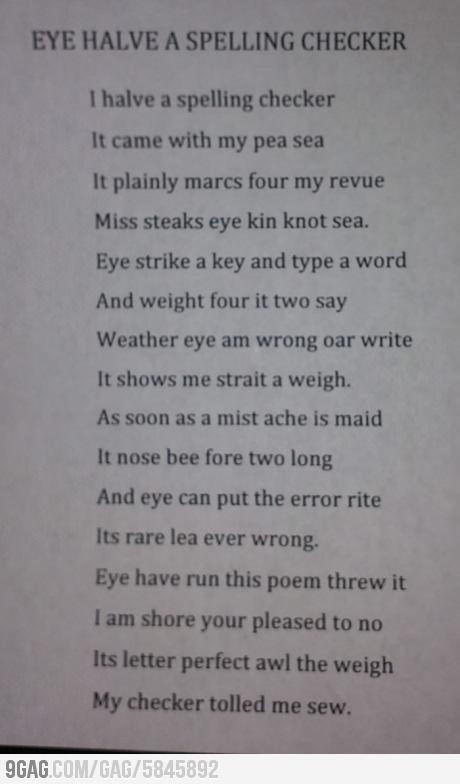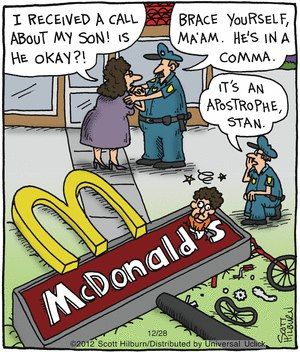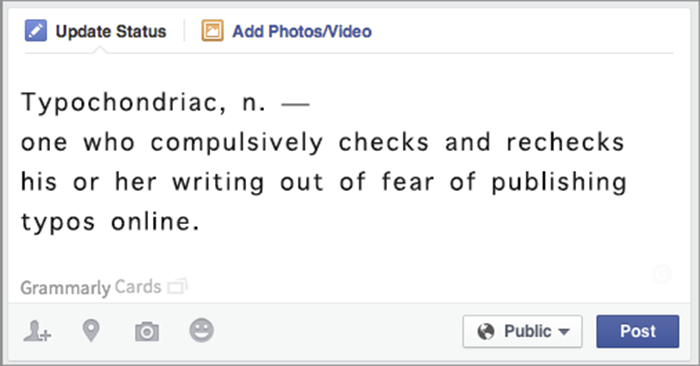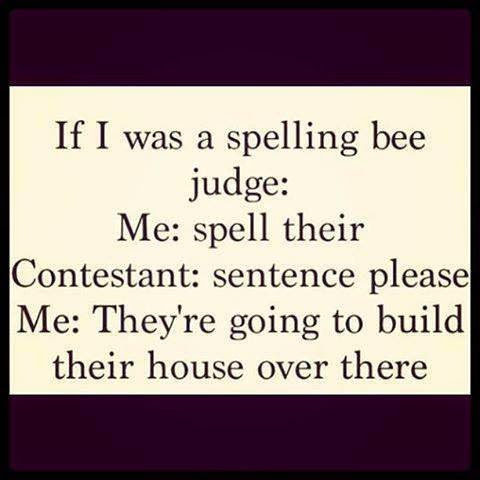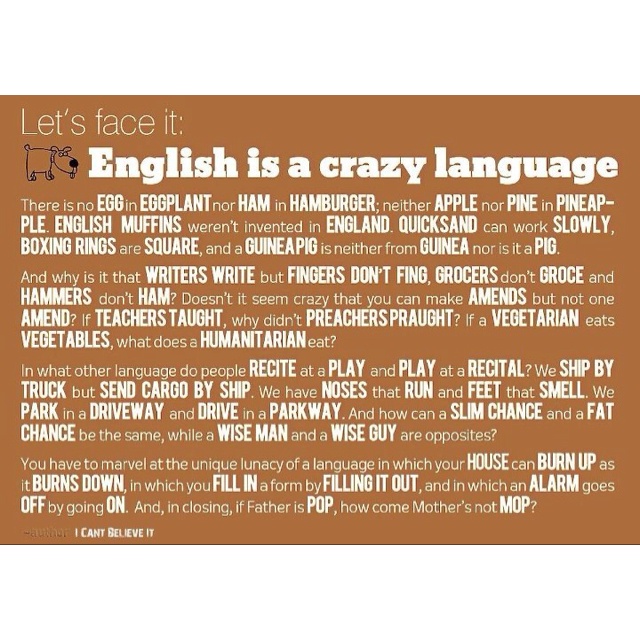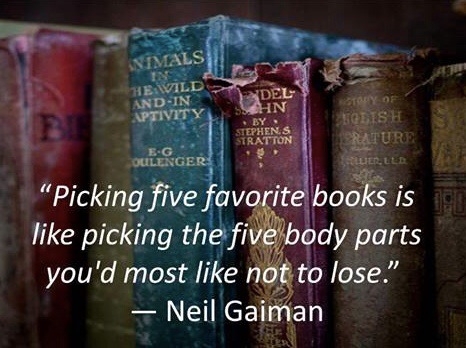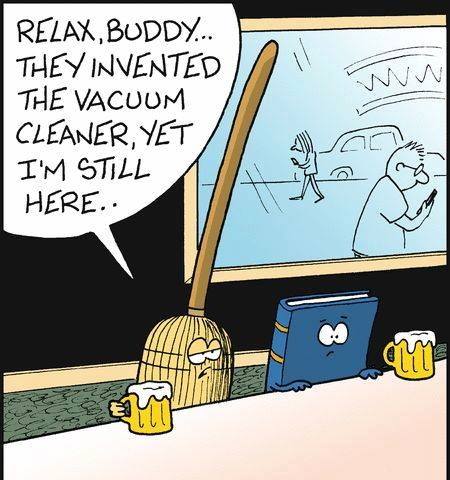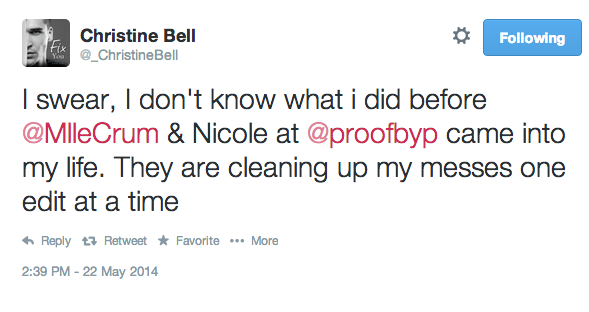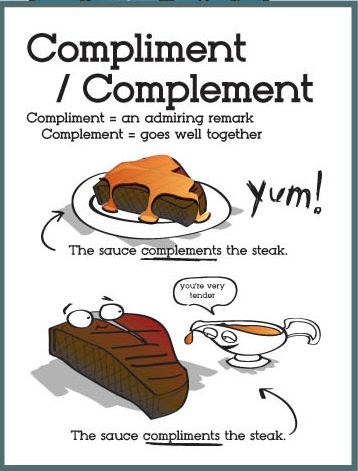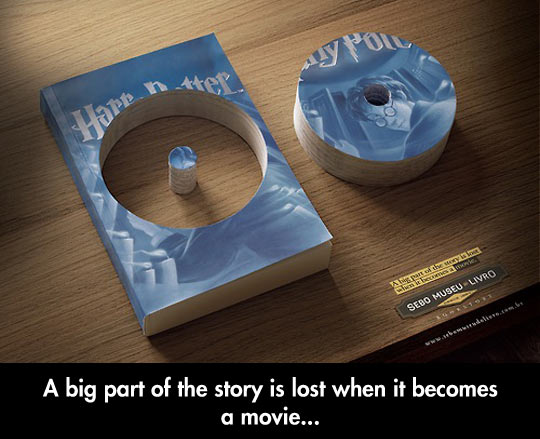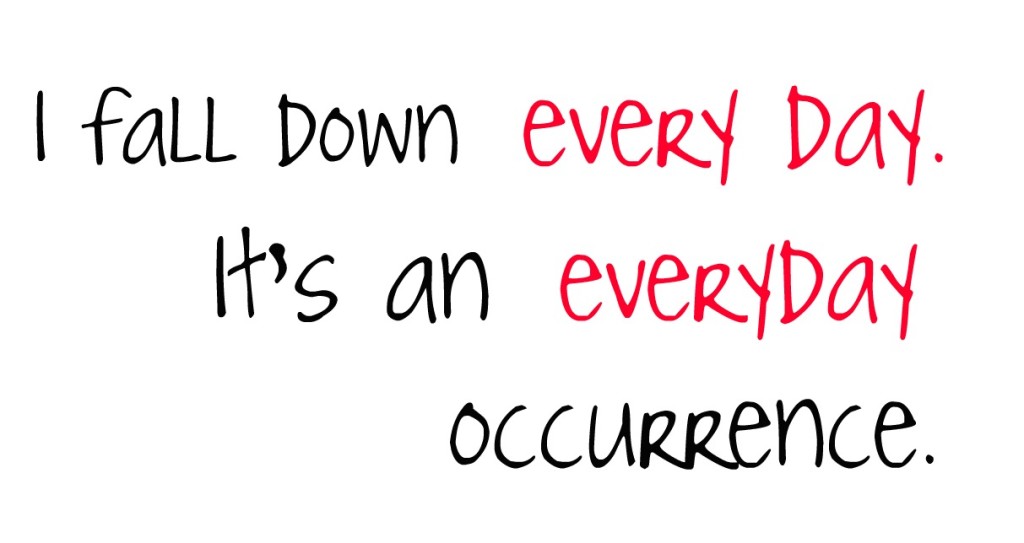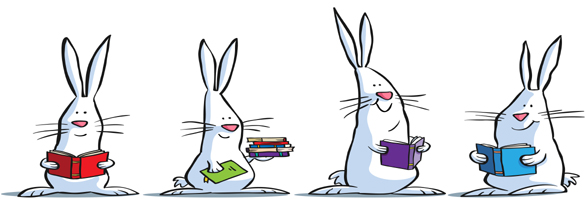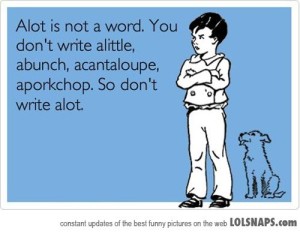They say those who can’t play, coach. To me, the same holds true for writing. Those who can’t write, edit.
Brake vs. Break
I’ve run across this mistake more than once in the last few weeks. Here’s a reminder to avoid further confusion.
The noun brake is a device for slowing down or stopping a moving vehicle.
Break is both a noun and a verb. The verb to break means to terminate, shatter or separate into parts. The noun refers to a pause, interval or gap in time.
Brake vs. Break
Happy Christmas!
What book(s) did you get under your tree? Or, which book(s) are you planning to purchase with your shiny new gift cards?

Happy Christmas!
Principle vs. Principal
Last week I gave you a preview to the tip for today. I remember learning the difference between these two words back in grade school. Our school principal was our “pal”. Remembering that would allow us to always use the correct form of the word. I’m beginning to understand not everyone learned this tip. Here are the definitions of both words to help you.
A principle is always a noun. It is a rule, law or doctrine.
A principal can be a noun and an adjective. It means the main, primary or most important in a group.
Principle vs. Principal
Main vs. Mane
This week’s tip is one I ran across this week during my reading. I hope it helps clear some things up for you.
Main means the most important, chief or principal*. It can also be the largest pipe in a network of connecting pipes.
Mane usually refers to the long, thick hair around the neck of some mammals.
* Next week’s tip will be the difference between principal and principle.
Main vs. Mane
Faint vs. Feint
Did you know that most of my Tuesday Tips come straight from my own experience? I keep a list of common mistakes I find when editing or proofreading and those mistakes become tips for each of you. So, without further ado…
Faint can mean to lose consciousness or to lack in strength, clarity or brightness. It is both a noun and a verb.
Feint is a noun referring to a deceptive action or attack.
Faint vs. Feint
Vice vs. Vise
Here is a mistake I come across frequently.
A vice is a behavior or habit that can be considered immoral or negative.
A vise is a tool used to secure an object to allow work to be performed on it. *
*Vise is the American English way of spelling this word with this particular definition. The British English spelling would be vice. What do you make of that?
Vice vs. Vise
Later vs. Latter
This weekend I was reminded how often later and latter are misused. So, this week’s tip is to help you know when each is appropriate.
Use later when referencing time. Later means after, or after some time.
Example: We will read about it later.
Use latter when referring to the second of two persons or things mentioned previously (or the last one or ones of several).
Example: Jane and Cindy are both authors but I’ve only read books by the latter.
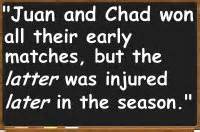
Later vs. Latter
Wail vs. Whale
This Tuesday Tip is from my personal experience this week. I thought I knew the difference between wail and whale, and I did. Kind of.
Most know that a whale is an animal that lives in the ocean. Most commonly the verb wail means to cry or complain loudly.
But did you also know that an informal meaning of whale is “to beat”?
Now, even though a vocalist in a band may wail a song, the drummer whales on the drums; and lead guitarists when they thrash their instruments wildly, whale on them.
I learned something new this week and I hope you did too.
Wail vs. Whale
Happy Halloween!
I’ve never been a big fan of Halloween, but I would probably feel differently if it worked like this! Do you have a favorite Thriller/Horror/Paranormal book?
Happy Halloween!
Friday Fun
I can’t begin to tell you how true these words are. Thankfully, my husband understands this truth as well.

Friday Fun
Waist vs. Waste
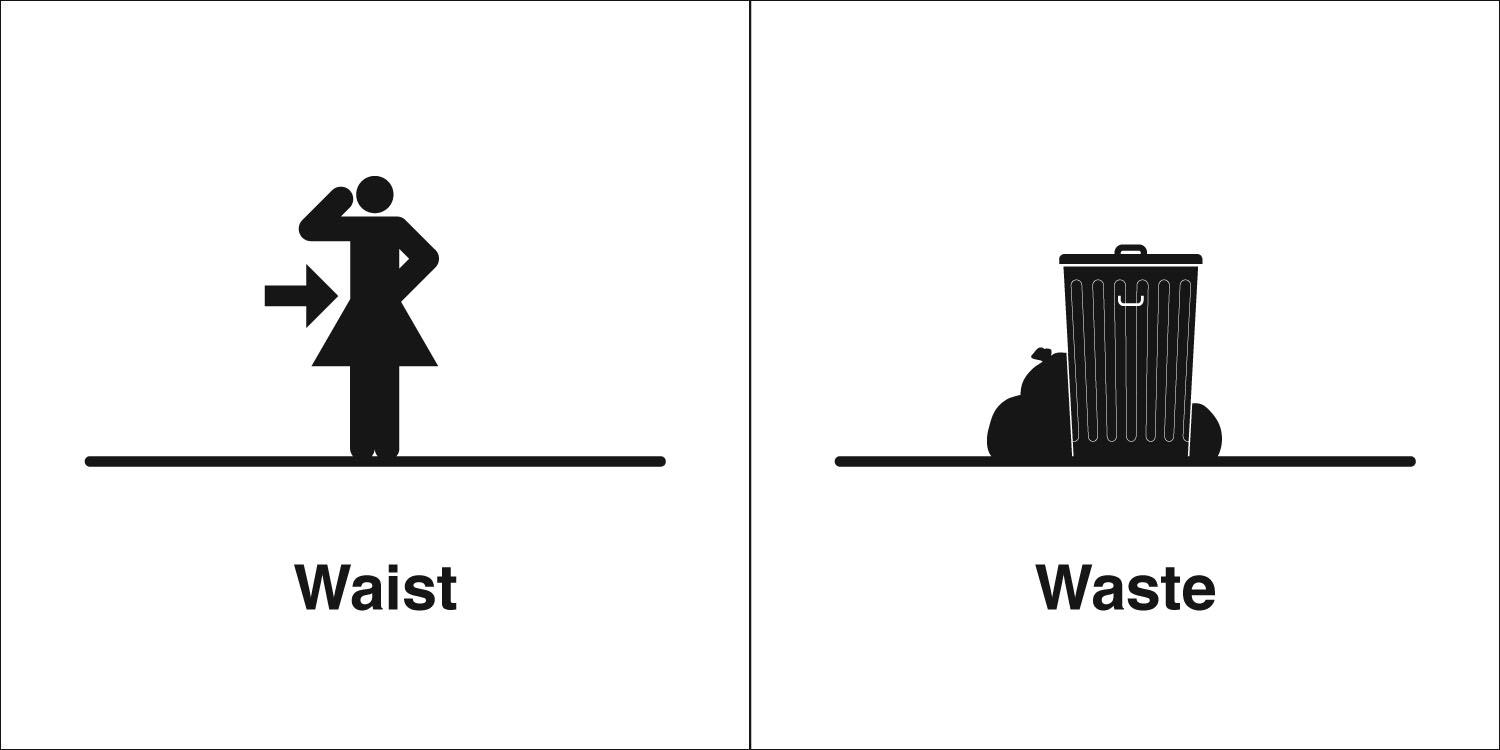
This post comes straight from my own personal reading experiences. These words may be pronounced the same, but they certainly have different meanings.
The waist is the narrowing of the body between the hips and the ribs.
Waste could mean: 1) to use or expend (something) needlessly, 2) to lose energy, strength, or vitality (usually with away), 3) an act or instance of wasting, and 4) an uncultivated, uninhabited, or devastated area.
Waist vs. Waste
Reading on Rainy Days

There is nothing like curling up with a good book on a rainy day.
All winter long I heard about kids having “snow days” at school. I have only lived in sunshine states (California, Florida and Arizona) so the idea of a “snow day” has never made sense to me. I can only recall school ever being cancelled once, when I was in college, due to a hurricane warning.
Last night it started to rain. And rain. And rain some more. This morning there was an email sent out saying schools were cancelled and to stay off the roads. It’s just a little rain, right? Wrong. Here is a quick look at the local freeways.

And now you understand why I’m not grocery shopping, going to the gym or doing any of those other things I should be doing. Instead I’m home reading. And loving it.
Reading on Rainy Days
Happy Birthday
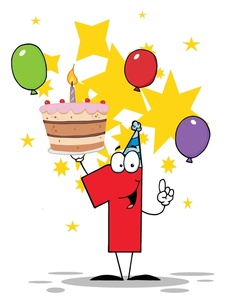
Today Proof Before You Publish turns 1!
When I started this adventure a year ago I had no idea what was in store for me. It’s been such a great first year and I’ve had the pleasure of working with some amazing authors. Here’s to hoping the next year is just as wonderful and thank you to everyone who has helped make Proof Before You Publish successful.
Happy Birthday
Cord vs. Chord
A cord can be many things. It can be a string or rope, an electrical cable, or a measure of wood equal to 128 cubic feet. It can also be a ribbed fabric (like corduroy), or one of several types of cords found within the bodies of animals (the spinal cord, the umbilical cord, and the vocal cords).
A chord is typically a musical term denoting any combination of two or more pitches played at the same time. It can sometimes refer to an emotion as well.
Cord vs. Chord
Taut vs. Taunt
When I am reading a book, there are a few errors that can send me over the edge. Spelling errors? Of course. Homophone errors? Sure. Using an incorrect word over and over again? Absolutely!
Taut and Taunt may sound the same,but these words have very different meanings and are NOT interchangeable.
Taut: tight, pulled firmly; tense
Taunt: to say insulting things to (someone) in order to make that person angry; to tease sarcastically, ridicule or jeer
Taut vs. Taunt
Have you ever wondered where the term originated?
I just finished a sample edit for an author about WW II and it reminded me that I haven’t shared this meme yet.

Have you ever wondered where the term originated?
Friday Fun
Here is a video that made me laugh and laugh. Hopefully it will make you laugh too. (And not offend anyone in the process.)
Worse vs. Worst
Worse and worst are often misused in the English language. Here is a simple definition describing when to use them correctly.
Worse: Use worse to compare two things. Think of it like better only in the negative instead of the positive.
Example: My husband’s singing is worse than mine.
Worst: Use worst when one thing is inferior to something else. Think of worst like best, only in the negative.
Example: My husband has the worst singing voice in the world.
***Note: My husband really doesn’t have the worst voice, he just has the worst time remembering the correct lyrics to songs, which is worse.
Worse vs. Worst
Passed vs. Past
Here is a quick and easy way to remember this Tuesday Tip.
Passed: past tense of the verb pass
Example: He passed the note to the girl in his class.
Past: a noun or an adjective. Noun – the time before the present; Adjective – finished, completed, in the past
Example: You cannot live in the past.
Here is a fun and easy sentence to help keep things clear.
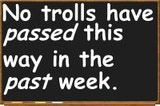
Passed vs. Past
Friday Fun
Friday the 13th has never been a superstitious day for me. In fact, Friday the 13th of June has been a rather lucky day in the past and today is no exception. How do you feel about Friday the 13th? Does it bring good luck, or bad?

Friday Fun
Awhile vs. A while
Awhile: an adverb meaning, for a time. Or literally, for a while.
Example: Go play awhile.
**In this sentence you can swap out the adverb with another, such as: quietly. Go play quietly.
A while: a noun meaning, for a length of time.
Example: Go play for a while.
**In this sentence you can swap out the noun with a length of time, such as: ten minutes. Go play for ten minutes.
Awhile vs. A while
Friday Fun
My husband found this not too long ago, and if I was one to get a tattoo, these would be fitting for the pair of us. What do you think?

Friday Fun
Shutter vs. Shudder
This is a common mistake I am seeing more and more often in books.
Shutter– a blind for a window, or part of a camera
Shudder– to tremble in fear
Therefore, you cannot shutter with dread. You shudder.
Shutter vs. Shudder
Compliment vs. Complement
These two words are often confused with one another. Recently, they have been misused often in my reading. So, it became the Tuesday Tip for today.
Compliment: an admiring or flattering remark, praise
Example: Do you blush when you are given a compliment?
Complement: goes well with others, completes
Example: The chocolate sauce complements the cheesecake.
A quick tip to determine if you should use an “i” or an “e”: I like to give compliments.
Compliment vs. Complement
Lets vs. Let"s
This Tuesday Tip is for a reader…you know who you are.
Lets: used when saying that something is “allowed”
Example: The man lets his roommate believe he knows something about computers.
Let’s: used when abbreviating the phrase “let us”
Example: Let’s try to find something nice to say about our roommate.
Lets vs. Let"s
Led vs. Lead
Here is an example of a mistake I’ve found recently in a few different books. Hopefully this will clear up any confusion.
Led means guided. It is the past tense of to lead.
Lead is a type of metal. It rhymes with red.
I’ve found the word lead used many times when the author meant led. Not only is the wrong word being used, but it makes the reader pause to determine if the sentence is in the past or present tense.
Led vs. Lead
Sink vs. Sync (or Synch)
This Tuesday Tip is based on an error I found in a book I finished reading today.
Sink: where you wash dirty clothes (or dishes, or hands), to submerge, to descend to a lower level
Sync or Synch: To match up, to coincide, to synchronize
Sink vs. Sync (or Synch)
Right vs. Rite vs. Write
These homophones have very different meanings and uses.
Right means correct, or opposite of left. It can be a noun, adjective, verb or adverb.
Example: Turn right at the next corner.
The noun rite is a ritual, formal ceremony or religious practice.
Example: Graduation is a rite of passage
Write is a verb meaning to compose or form letters or words.
Example: I am going to write a letter.
Right vs. Rite vs. Write
Everyday vs. Every day
Everyday (one word) is an adjective meaning ordinary.
Example: These are my everyday clothes.
Every day (two words) uses the adjective every to modify the noun day.
Example: I wear clothes every day.
Here’s a quick tip to help: If you’re not sure which to use, replace everyday/every day with each day. If the sentence still makes sense with each day in its place, then you want to use the two-word (every day) form.
Everyday vs. Every day
Who"s vs. Whose
This tip is a problem I see quite often. Here’s a quick way to know which to use, and when.
Who’s: This is a contraction for who is or who has.
Example: Who’s coming over for dinner?
Whose: This is the possessive case of who or which.
Example: Whose house are we going to for dinner?
Here’s an easy trick: If you were to replace it with who is or who has, would the meaning change? If no, you want who’s. If yes, you want whose.
Who"s vs. Whose
To vs. Too vs. Two
There is always BIG confusion when it comes to these LITTLE words. Here’s a breakdown for you regarding when and how to use them.
TO: in the direction of, toward
TOO: also, in addition
TWO: a pair, the number after one
To vs. Too vs. Two
Onto vs. On to
Here are three general guidelines to help you know whether you should be using one word, or two.
1. Use onto (one word) to mean “on top of,” or “upon.”
2. Use onto (one word) when you mean you are “informed about something,” or “fully aware of something.”
3. Use on to (two words) when on is part of the verb, such as “logging on to a computer.”
Onto vs. On to
Now on Google+

Proof Before You Publish is now on Google+. Feel free to follow +1 our site.
Proof Before You Publish on Google+
Now on Google+





